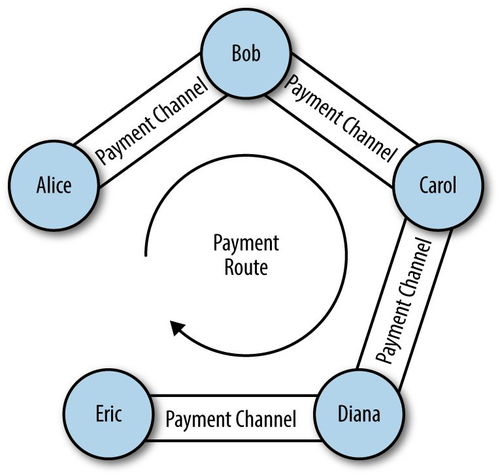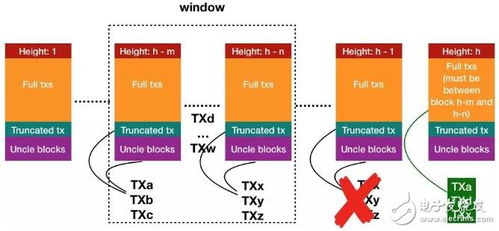来源:小编 更新:2024-11-14 03:36:59
用手机看
The Advantages of Bitcoin: A Comprehensive Overview

Bitcoin, the first decentralized cryptocurrency, has revolutionized the financial world since its inception in 2009. It operates independently of any central authority, offering numerous advantages over traditional fiat currencies. This article delves into the key benefits of Bitcoin, highlighting its unique features and potential impact on the global financial landscape.


One of the most significant advantages of Bitcoin is its decentralized nature. Unlike traditional fiat currencies, Bitcoin operates on a peer-to-peer network, eliminating the need for a central authority like a government or central bank. This decentralized structure ensures that no single entity can control or manipulate the currency, fostering a more transparent and democratic financial system.


Bitcoin employs advanced cryptographic techniques to secure transactions and protect users' assets. Each transaction is recorded on a public ledger called the blockchain, making it nearly impossible to alter or delete. This ensures the integrity of the network and provides users with peace of mind, knowing that their wealth is secure from theft and fraud.


Bitcoin offers a high level of privacy compared to traditional banking systems. Users can transact without revealing their personal information, such as their name, address, or bank account details. This privacy feature is particularly appealing to those who value their anonymity and wish to avoid unnecessary surveillance.


Bitcoin is accessible to anyone with an internet connection, regardless of their geographical location or socio-economic status. This makes it an excellent tool for promoting financial inclusion, allowing individuals in underbanked or unbanked regions to participate in the global economy and access financial services.


Bitcoin transactions typically incur lower fees compared to traditional banking systems. This is due to the absence of intermediaries, such as banks and payment processors, which often charge high fees for processing transactions. By using Bitcoin, users can save money and enjoy lower transaction costs, especially for international transfers.


Bitcoin is a digital currency, which means it can be easily transferred and stored in digital wallets. Users can carry their wealth in their pocket, eliminating the need for physical cash or banknotes. This portability makes Bitcoin an ideal currency for online transactions, international travel, and everyday purchases.


Bitcoin has a predetermined supply limit of 21 million coins, which is expected to be reached by the year 2140. This deflationary nature makes Bitcoin a hedge against inflation, as the supply of Bitcoin will not increase with the demand for it. This feature makes Bitcoin an attractive investment for those looking to preserve their wealth over time.


Bitcoin is not just a currency; it is also a platform for innovation. Its underlying technology, blockchain, has the potential to revolutionize various industries, including finance, healthcare, and supply chain management. By providing a secure, transparent, and decentralized platform, Bitcoin is paving the way for new and exciting applications.


Bitcoin offers numerous advantages over traditional fiat currencies, making it an attractive option for individuals and businesses alike. Its decentralized nature, security, privacy, and deflationary nature are just a few of the reasons why Bitcoin is considered a game-changer in the financial world. As the global economy continues to evolve, Bitcoin and other cryptocurrencies are poised to play a significant role in shaping the future of finance.
